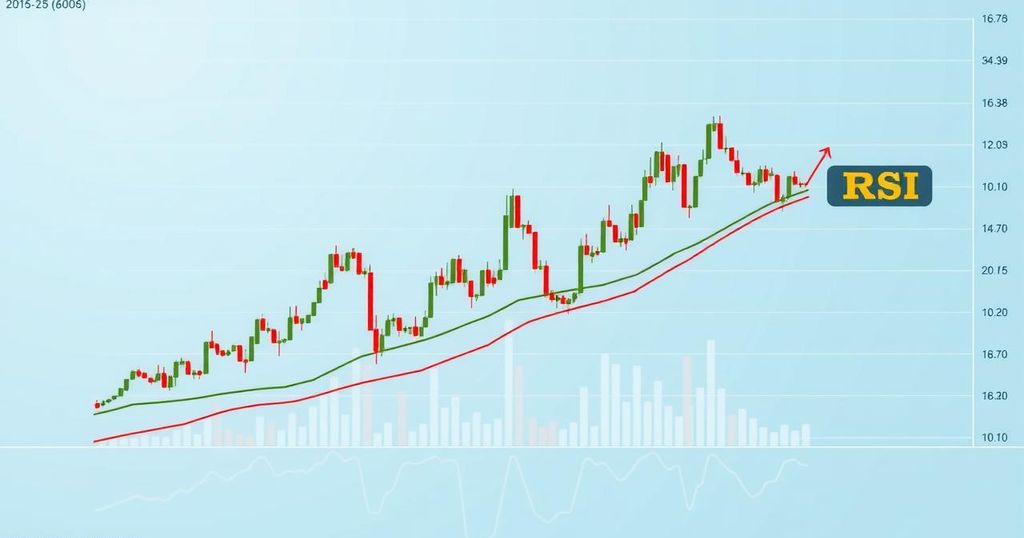Bitcoin’s Institutional Acceptance: Insights from the Benzinga Conference
The Benzinga Future of Digital Assets conference highlighted the growing institutional acceptance of Bitcoin, driven by ETF approvals and a desire for regulatory clarity. Expert Anthony Pompliano emphasized how Bitcoin’s liquidity draws institutions and suggested that as Bitcoin’s price rises, it becomes less risky, encouraging greater adoption. The panelists forecast the need for enhanced custody solutions and regulatory frameworks to facilitate this transition.
The Benzinga Future of Digital Assets conference has brought to light the increasing acceptance of Bitcoin within institutional finance. Moderated by CNBC’s MacKenzie Sigalos, the panel included insights from Anthony Pompliano, CEO of Professional Capital Management, who discussed the methods through which institutions are navigating the complexities associated with cryptocurrency investment. The recent approval of Bitcoin exchange-traded funds (ETFs) signifies a pivotal moment for institutional investors, providing a more streamlined pathway into digital assets, which had previously been a source of reluctance for many.
Pompliano emphasized that ETFs inherently lower the barriers to entry for traditional institutions, allowing them to assimilate digital assets into their existing frameworks without significant disruptions. He noted that, “Institutions are already familiar with ETFs; they fit into existing systems without requiring a complete overhaul.” This newfound access typically introduces curiosity about more direct engagement with cryptocurrencies as well.
Despite existing regulatory hurdles, Pompliano pointed to a shared exhaustion between regulators and the cryptocurrency industry, calling for a regulatory framework that balances clarity with responsible innovation. He remarked, “Everyone’s exhausted,” outlining the potential for a conducive environment for growth if mutual understanding can be achieved.
Bitcoin’s attractiveness to institutions lies predominantly in its liquidity and impressive performance potential. Pompliano highlighted this aspect, stating, “Crypto is all about liquidity.” He noted that Bitcoin provides a significant advantage as investors can enter and exit their positions without prolonged commitments. His assertion that “the higher the price goes, the less risky it becomes” encapsulates Bitcoin’s growing acceptance and allure for institutional investors.
In looking towards the future, Pompliano foresaw the importance of enhanced custody solutions and regulatory clarity as key drivers of institutional adoption in the coming years. The conference discussions underscored Bitcoin’s transformative capabilities within the traditional financial realm, suggesting a significant evolution in investment strategies involving digital assets.
The rise of Bitcoin as a credible asset class in institutional finance has become increasingly pronounced, particularly with recent advancements such as the approval of Bitcoin exchange-traded funds (ETFs). These developments have facilitated easier access for institutional investors, who can now enter the cryptocurrency market with a level of familiarity that mitigates some previous reservations. Moreover, the ongoing discourse regarding regulatory frameworks highlights the need for a balance that fosters innovation while ensuring market stability.
In summary, the insights shared during the Benzinga Future of Digital Assets conference underscore Bitcoin’s burgeoning role in institutional investment strategies. The approval of Bitcoin ETFs serves as a crucial juncture for traditional finance as institutions gradually adapt to the realities of cryptocurrency. As liquidity and performance dynamics further attract investors, an effective regulatory landscape will be imperative in shaping the future of digital assets in finance.
Original Source: www.benzinga.com








Post Comment